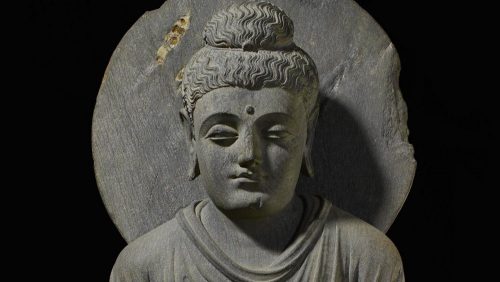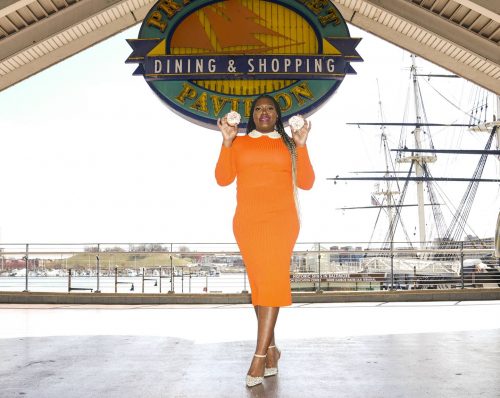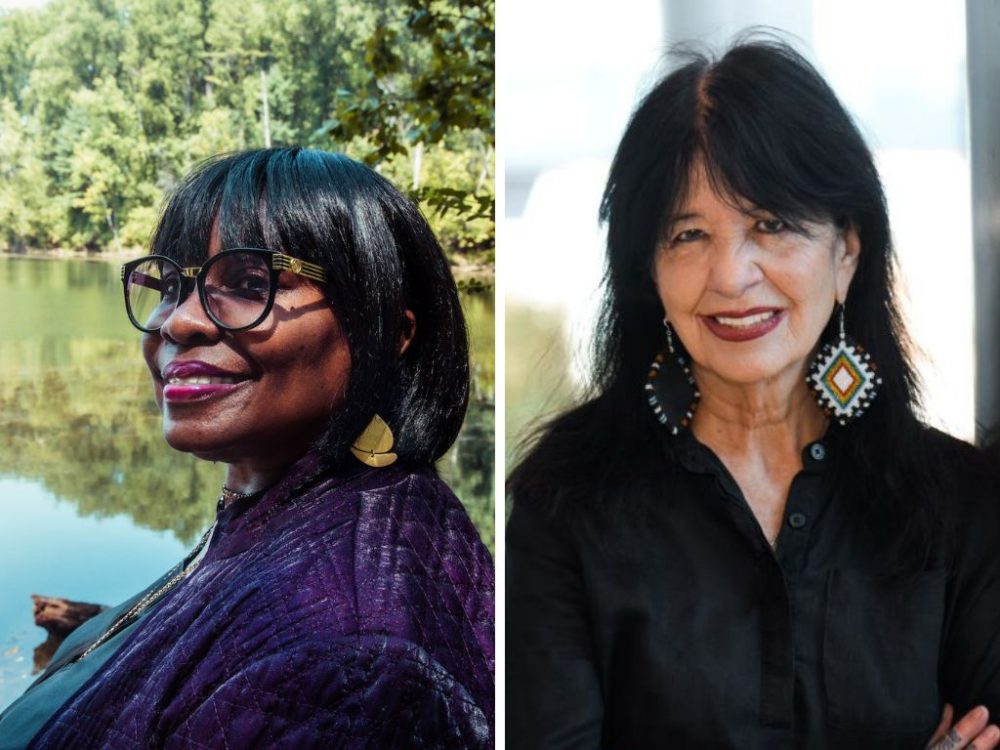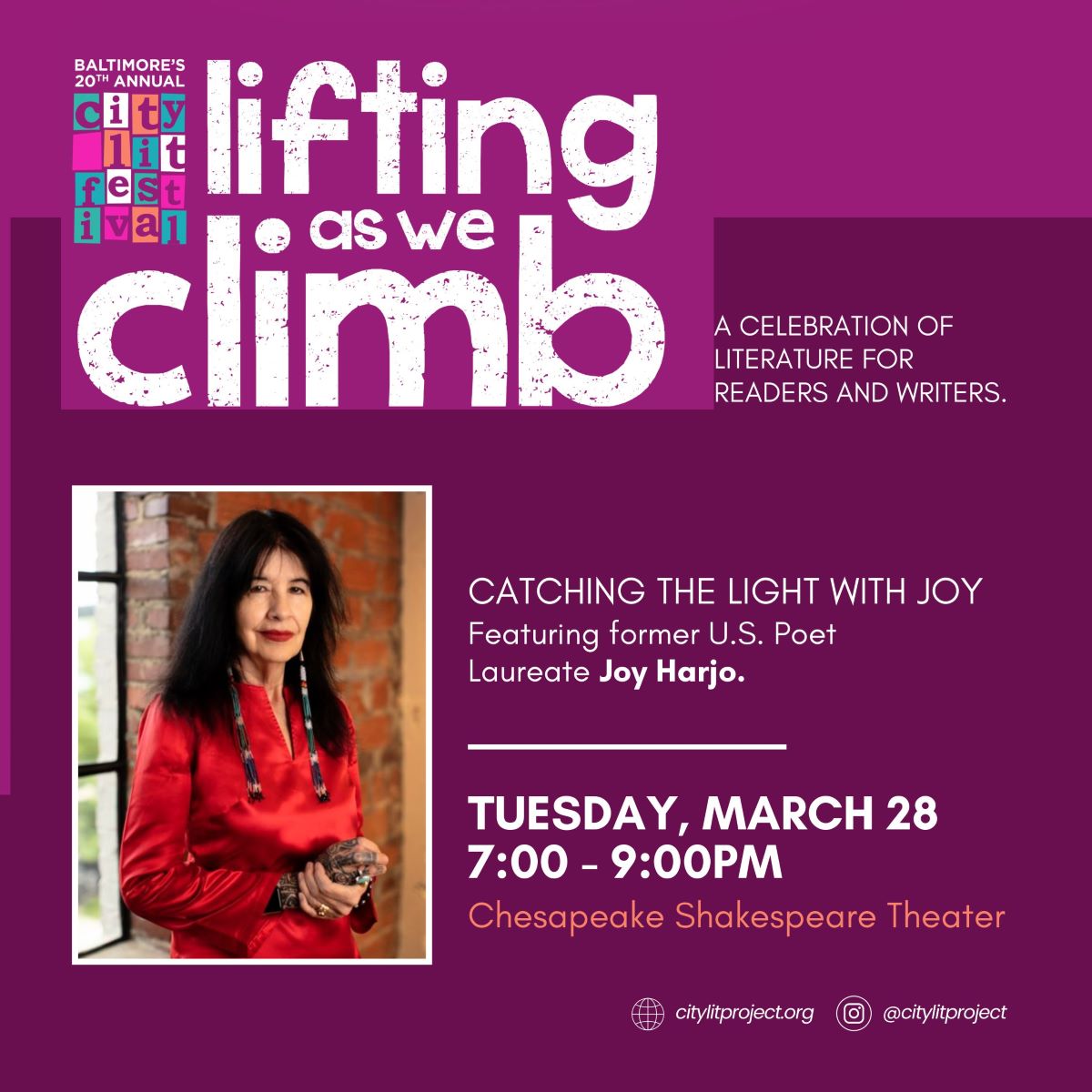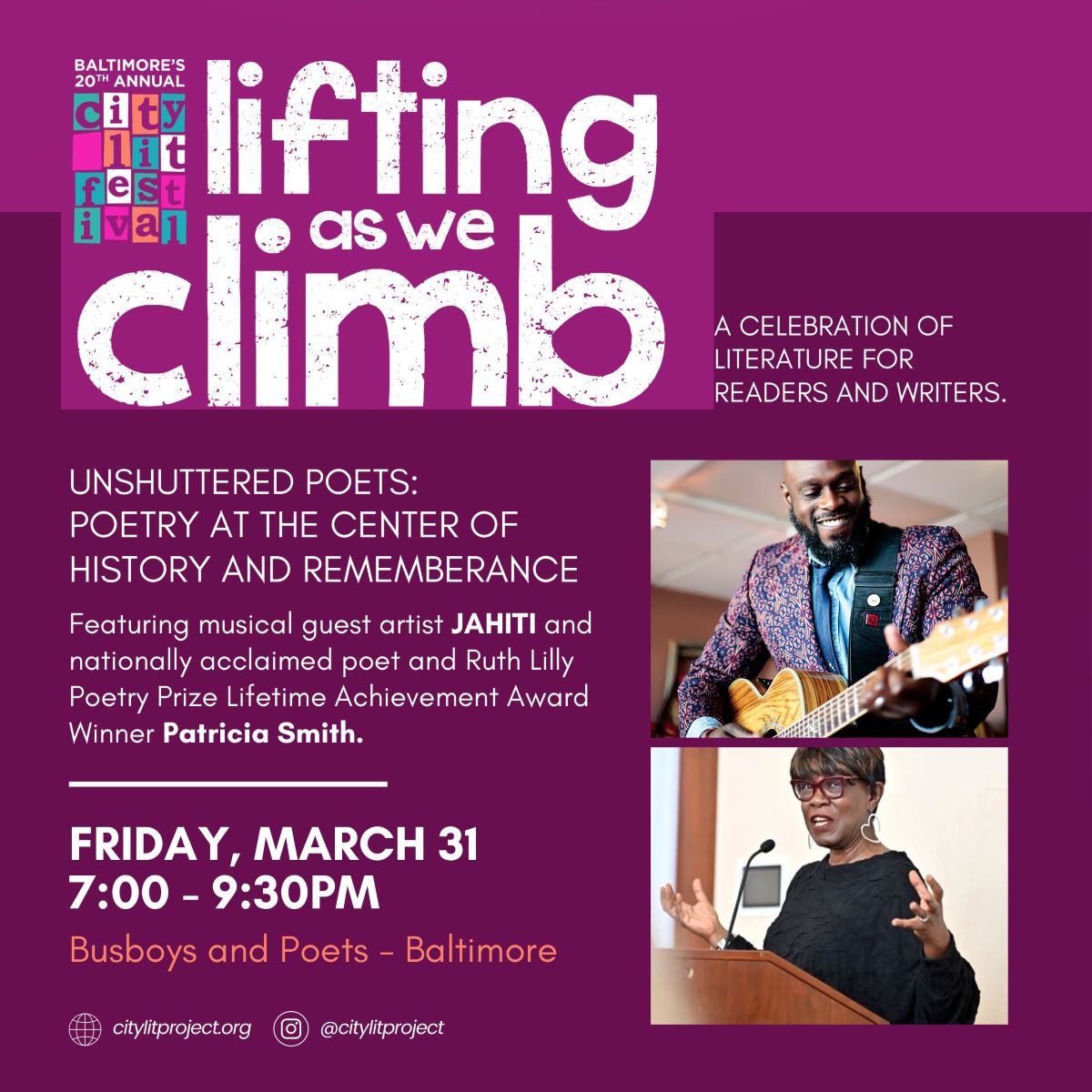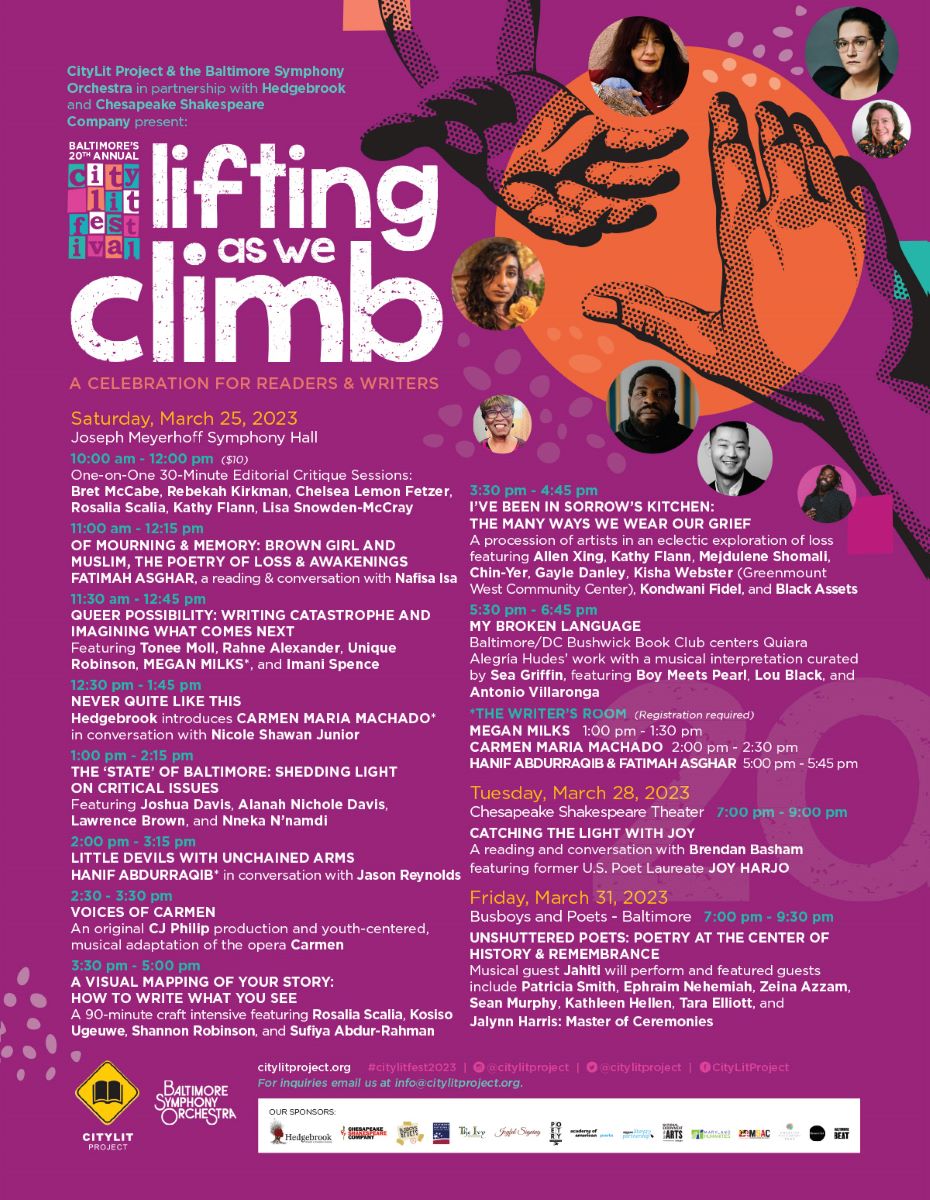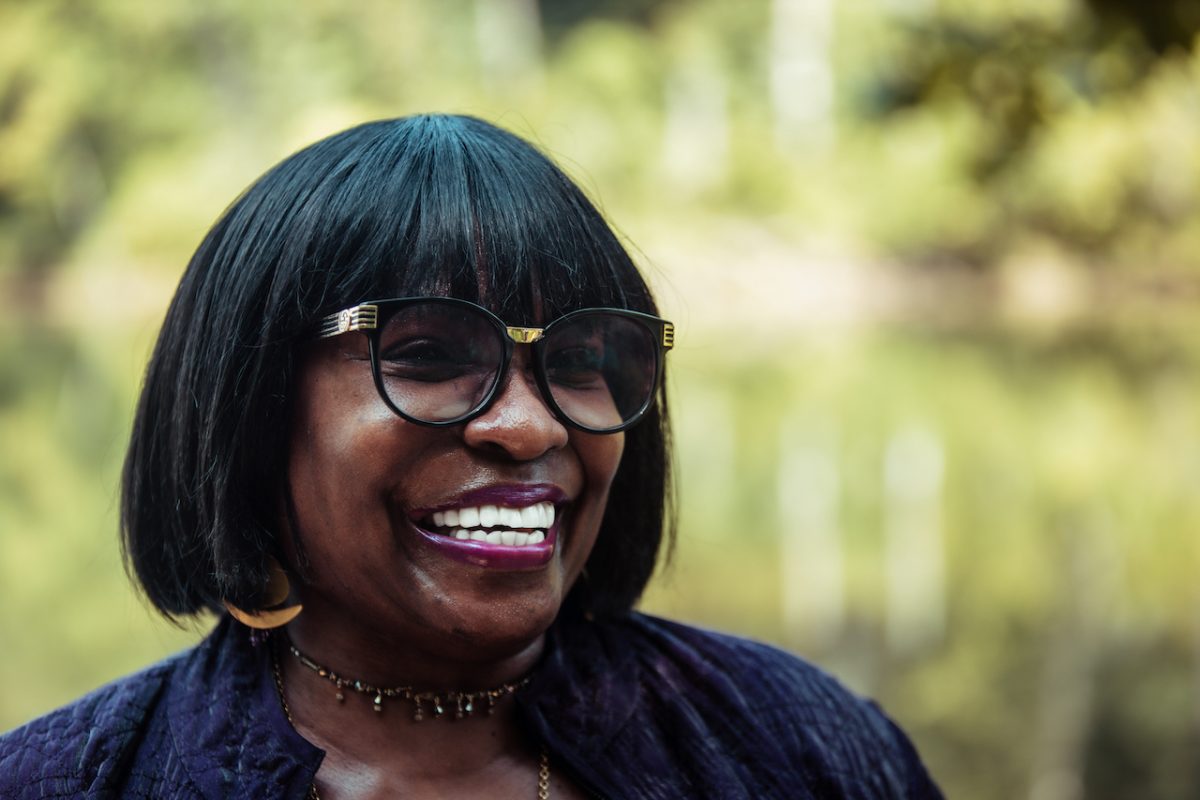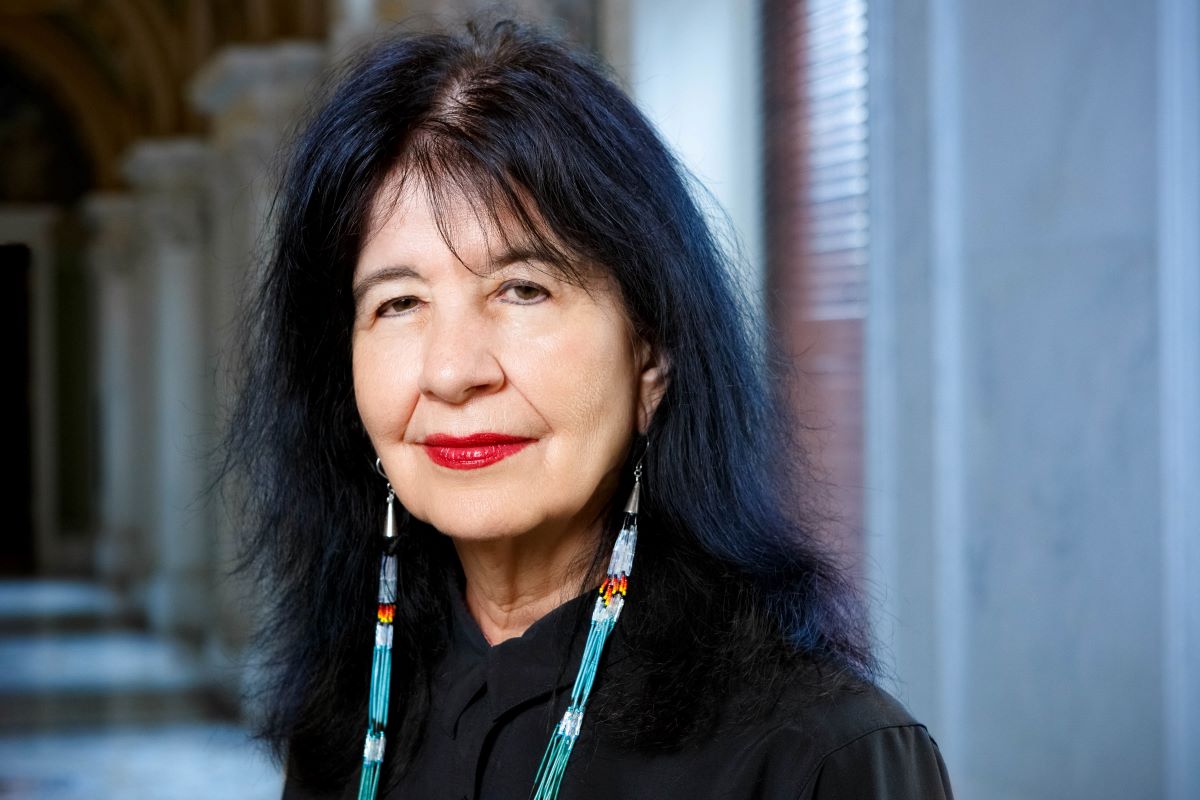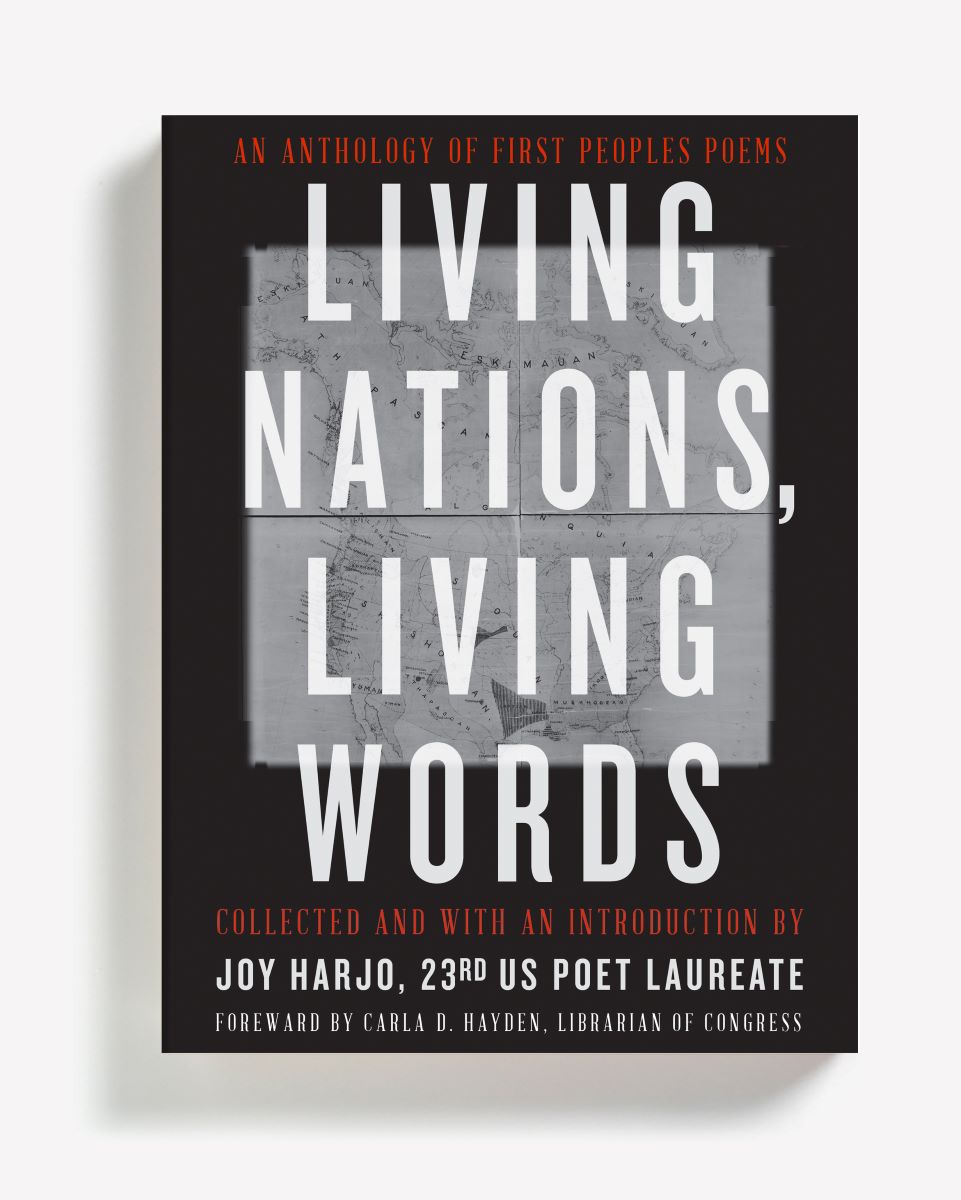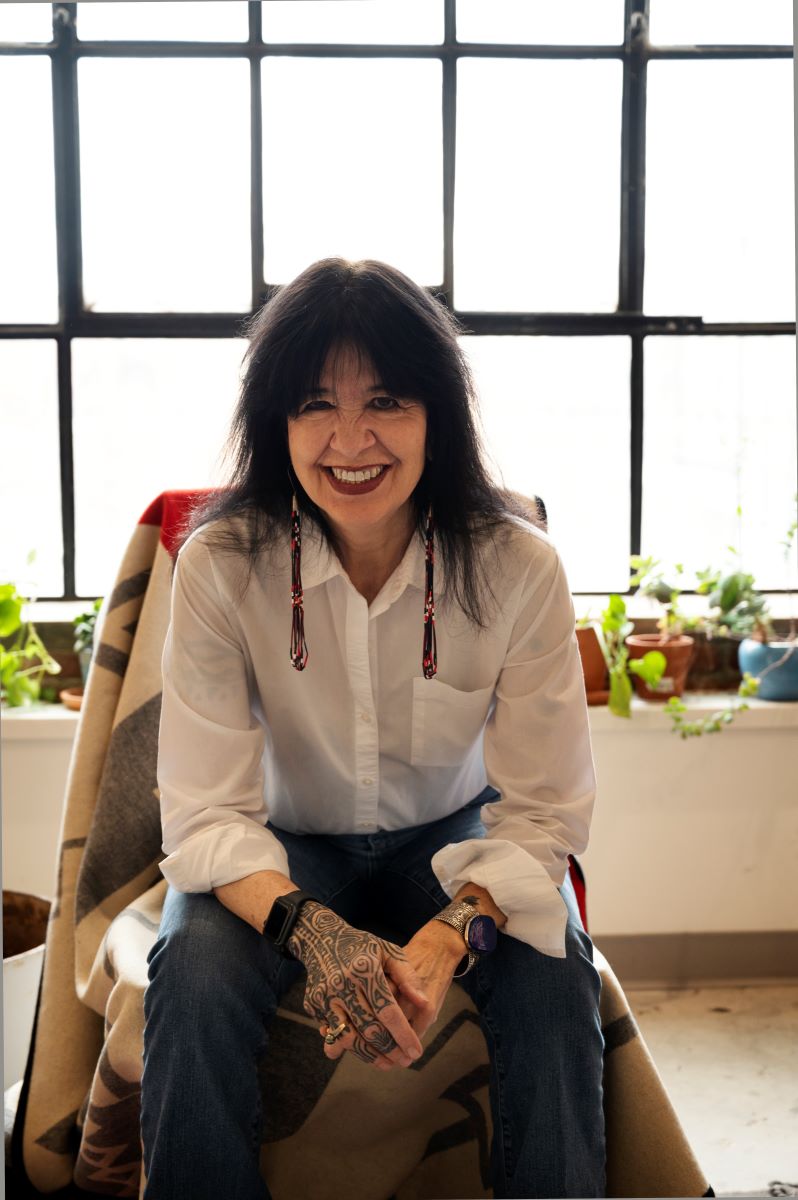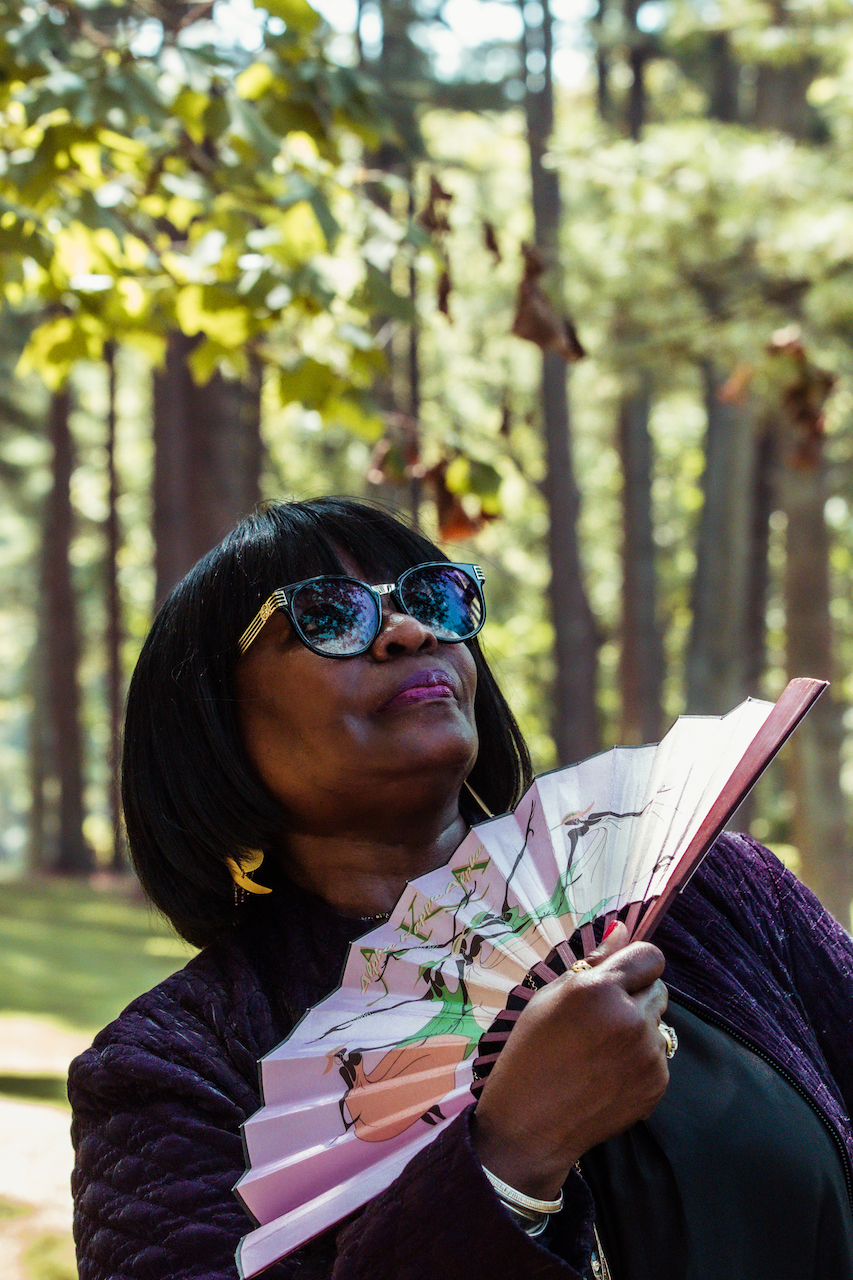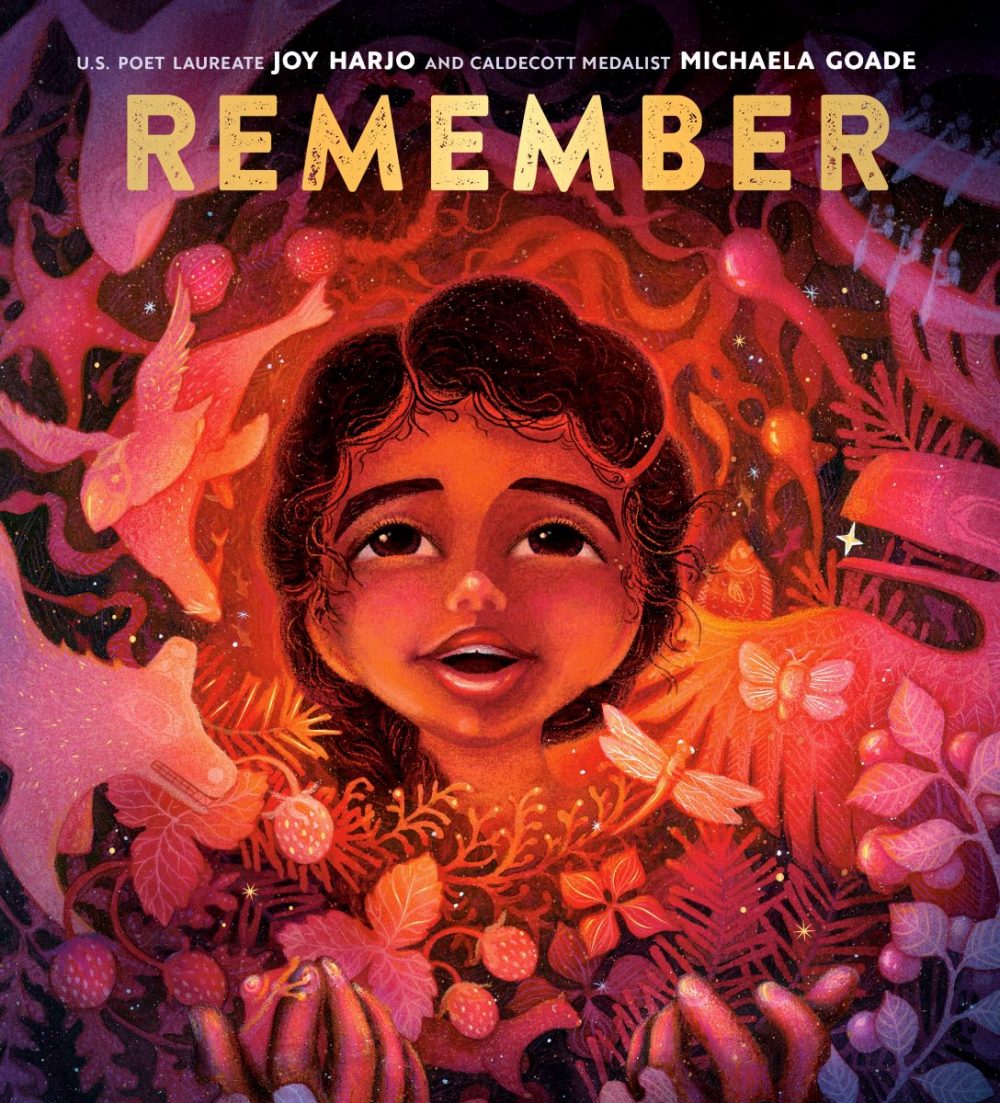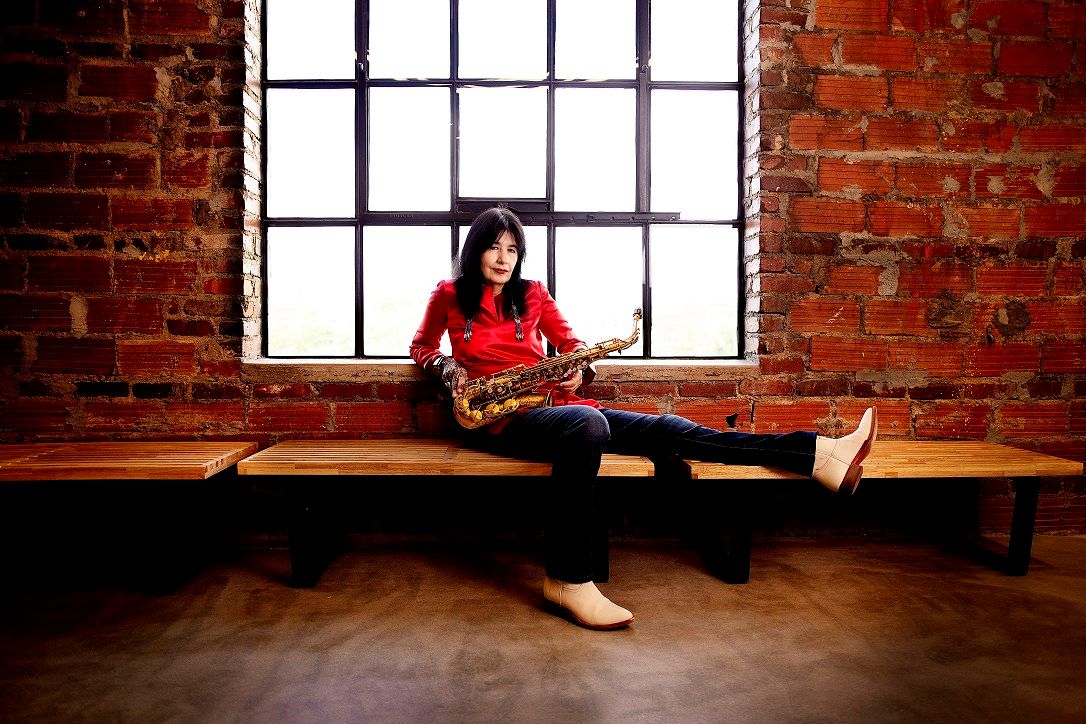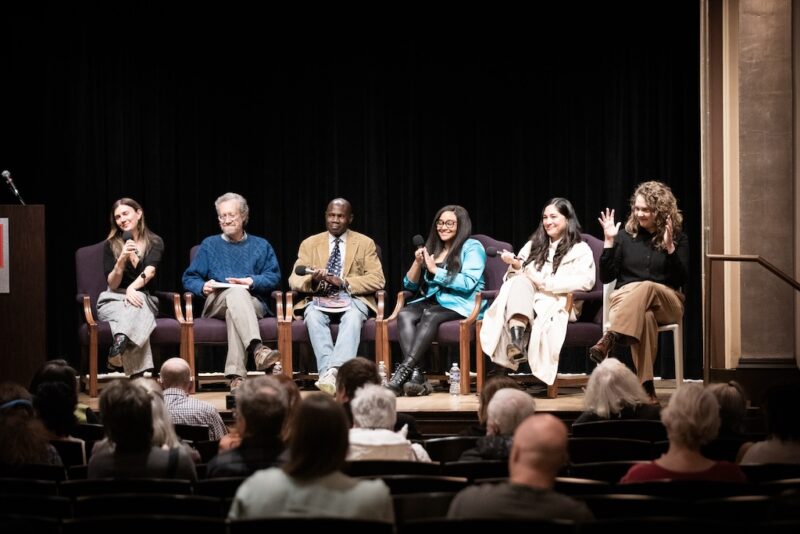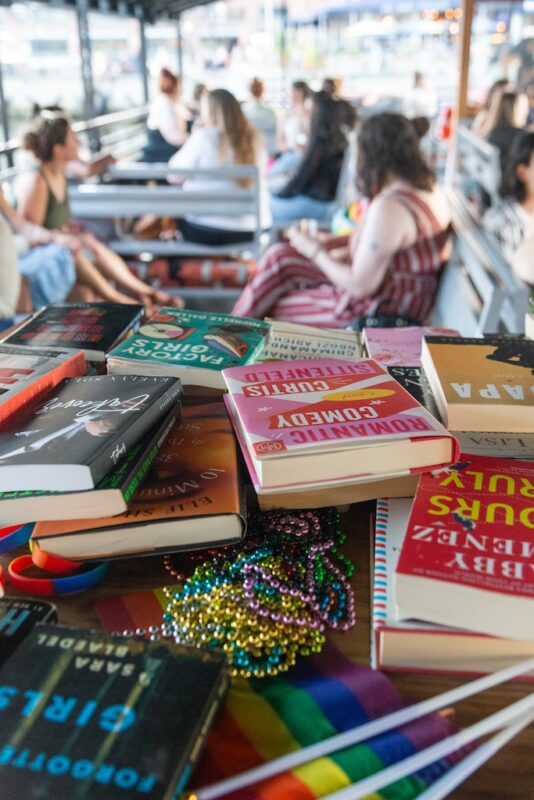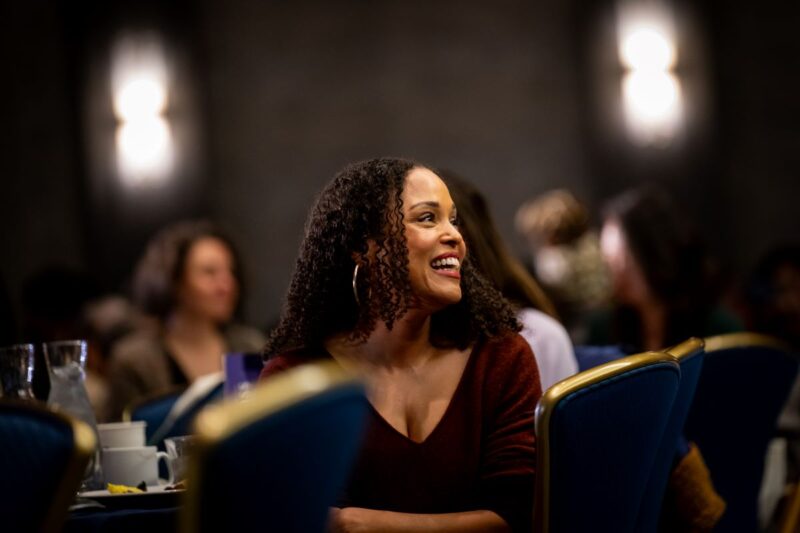Looking back at your incredible and influential life as an artist, Joy, what’s the path you’ve hoped to cultivate for these new generations of poets and creators?
JH: Well, I’ve always wanted my work to be useful. I had no plans to be a poet at all. It just took over. But I’m motivated by healing.
Carla, as the force that runs City Lit, you support and advocate for writers in our region and beyond it. But you’re also a writer. Can you talk a bit about your own creative work?
CDP: Yes, I’m a writer, thank you for asking. My novel’s called Where the Spirit Meets the Bone. In a way, it’s my parents’ story, but more so a representation of all military families who are unspoken for; all military Black families, I have to say. It’s a story about the interior lives of an ordinary Black family during an extraordinary time in the sixties…
You know, for a military family, home is hard to classify: always traveling on assignment, always moving, picking up one life to join another… And it’s a little bit about how families have skeletons in the past. The buried ones that you need to worry about. The ones that nobody wants to talk about. So that’s my story I’ve been working on for years. It’s one of many I’m trying to get out.
JH: I want to read that. And also, if you grew up in that military family, it’s given you skills that you’re using today to be able to work with a lot of different kinds of people in community. That’s where you learned it.
CDP: Exactly where I learned it. It was a different experience and it marked me in some ways. But I don’t think we hear enough about those stories. So I plan to write that story.
JH: I just finished well, I’ll do some more revisions, but I finally got the whole story together called, “We Were There When Jazz Was Invented.” It’s a story of a young band who are mostly Muskogee Creek. It’s a musical play. I started on it ten years ago and I love the characters in it. All kinds of characters.
CDP: I’m thanking you for saying you started it ten years ago. Because sometimes we think we have to hurry up a story. But, you know, the story comes when the story comes.
JH: That’s right. And finally, it’s together and I like being with the characters. It has to take its own time to ripen. And you have to be in a certain place to be able to get down how it needs to be.
CDP: Absolutely. I don’t know if this happens for you, Joy, but when I’m writing and I’m really, fully in it, it’s magical what happens. The way people come to me, they’ll come to me in dreams. Or phrases do. The way to end a chapter.
JH: Yeah. It does. You’re a real writer Carla. That’s what happens.
